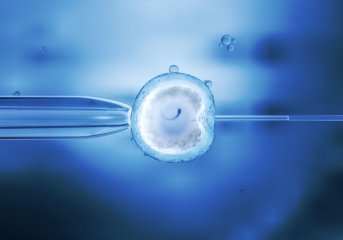
Publikováno 20. 07. 2021
Genome stability in mammalian oocytes and somatic cells
Project description:
Each day our cells suffer a significant number of DNA insults resulting in possibly deleterious mutations. The female germline, however, has a very low mutation rate estimated nearly two orders of magnitude lower than that of somatic cells. The reason for this is unclear and several different factors might be at play. The project focuses on single-strand DNA breaks (SSBs): These are the most common insults to DNA and can lead to more deleterious double-strand breaks if unrepaired. The project is focused on the impact of the abundance of the repair machinery and chromatin environment in oocytes, early embryos and in other (somatic) cell types, with the emphasis on a direct analysis and correlation of the abundance of repair machinery and unique chromatin features with the capacity of the cells to sense and repair SSBs. Therefore, for the first time, we are aiming at functional testing of the capacity of oocytes and descendant cells, to repair SSBs in direct comparison to somatic cells.
The project is based on a close collaboration of two expert teams:
The estimated project start:
Autumn 2021
Duration: 3 years
Number of positions available: 1
Candidate profile:
We are looking for a highly motivated student to work in a dynamic and competitive environment. Background in molecular biology, basic biochemistry methods, reproductive or developmental biology and/or micromanipulations is welcomed. Good background and interest in microscopy and epigenetics are highly advantageous. Strong motivation to learn, adapt and develop new methods is a must. The position will require the successful candidate to work with animals (mouse) and animal material. The candidate should show good English skills as exchange of students/staff with foreign laboratories throughout the project will be required (strong working ethics desirable). Good communication will be required due to the collaborative nature of the project.
Suggested reading:
How to apply:
If you are interested, please send your CV, list of publications and cover letter by e-mail to: helena.fulkova@iem.cas.cz
After admission to the graduate program, the student usually receives an academic fellowship. In addition, the student becomes an IEM CAS employee and receives a salary (including payments towards social and healthcare insurance) and other benefits. This is financed by internal and grant funds of the IEM CAS.
We are looking forward to hearing from you!
© Copyright 2018. All Rights Reserved. Stránky vytvořila agentura WebMotion.